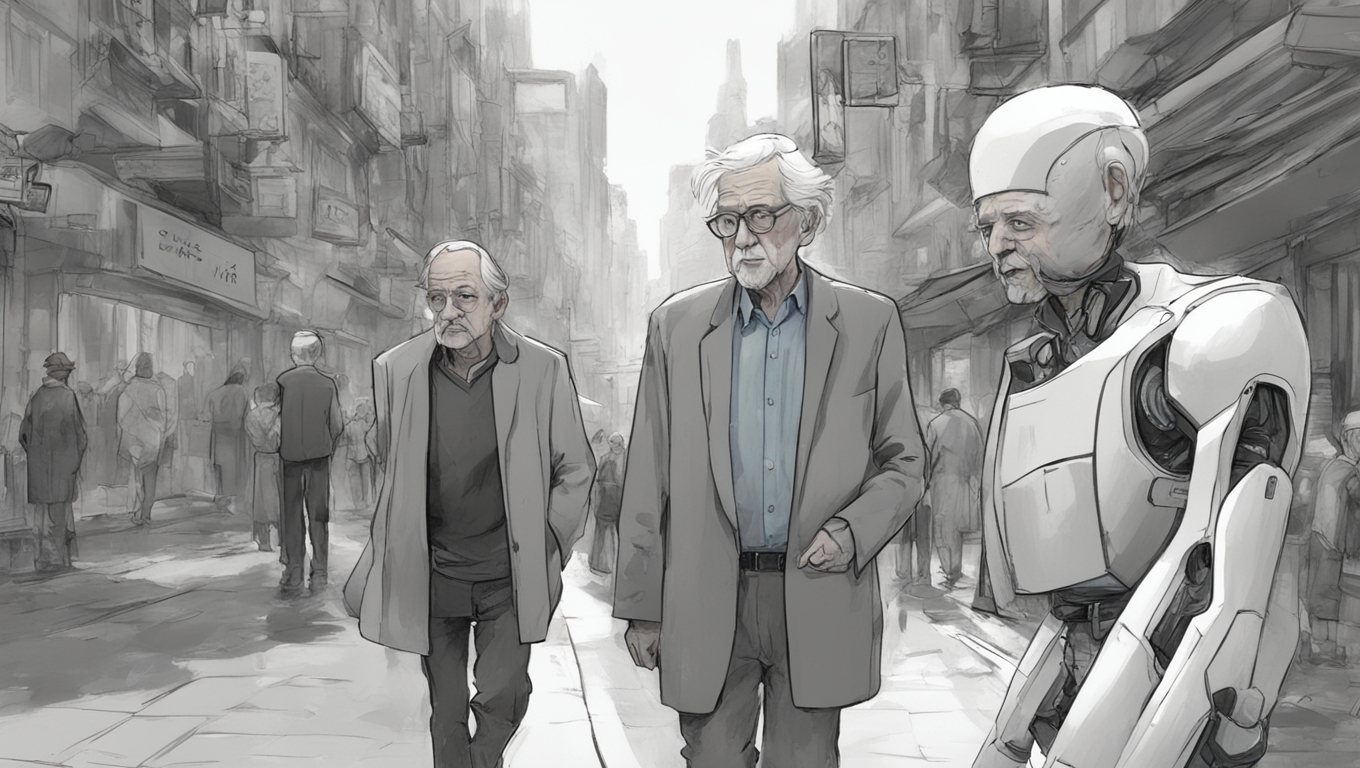In a groundbreaking development, a Japanese company, Ridgelinez, a subsidiary of Fujitsu Ltd, is working on an artificial intelligence-based technology that aims to locate elderly dementia patients who go missing. Teaming up with the National Cerebral and Cardiovascular Centre Hospital in Osaka and AI solutions developer, Noel, Ridgelinez has started conducting trials for this innovative project.
To identify distinctive movements of elderly dementia patients, Ridgelinez is using Fujitsu’s human-motion sensing technology. The company is creating an algorithm that scans and identifies the gait of individuals suffering from dementia. Dementia patients often exhibit the tendency to drag their feet or take shorter steps, and this technology can analyze such walking patterns, as well as the movements of other body parts, including the head and knees.
The plan is to deploy this AI technology through security cameras in public places and shops. By doing so, carers and authorities will be able to track down individuals who have wandered off from their homes or care facilities. The system can potentially trace their movements until they are located. This breakthrough technology is expected to contribute to a society where people with dementia can enjoy increased independence without sacrificing their dignity or privacy.
A spokesman from Ridgelinez, who chose to remain anonymous, stated, “The application of technologies like AI and advanced 3D sensing will play an important part in realizing a society in which people with dementia can enjoy greater independence in their daily lives.” Additionally, Ridgelinez is actively researching the creation of rules and ethical frameworks to ensure the responsible implementation of this technology in the real world.
The company plans to introduce the system around 2028, but before that, further tests in a public environment are expected to be conducted by 2027. It is worth noting that the motion-sensing technology initially originated from a Fujitsu system developed in collaboration with the International Gymnastics Federation to assist judges in analyzing and scoring gymnasts' performances.
The need for such technology in Japan is becoming increasingly urgent due to the challenges posed by dementia in an aging society. In the financial year leading up to April 1, 2023, a record 18,709 dementia patients were reported missing in Japan. While most were found, with over 75% of them located on the same day that reports were filed with the police, tragically 491 individuals were later confirmed to have died. The majority of missing persons were aged 80 or older, and experts warn that dementia will continue to be a growing challenge for Japan as the population rapidly ages. It is estimated that by 2025, dementia could affect one in every five people over the age of 65 in the country.
Acknowledging this critical issue, the Japanese government passed new legislation last year to address the rising number of missing person cases and improve dementia care. The development of AI technology by Ridgelinez holds tremendous potential to provide a much-needed solution in Japan’s battle against dementia-related incidents.
With the application of advanced AI and motion-sensing technology, Japan can take a significant step toward ensuring the safety and well-being of its elderly population. By harnessing the power of innovation, this groundbreaking solution may soon become a reality, offering hope and peace of mind to families and caregivers of dementia patients.





Use the share button below if you liked it.